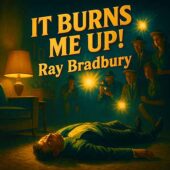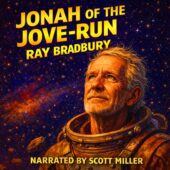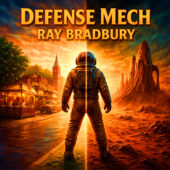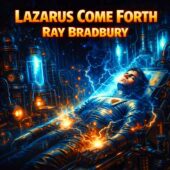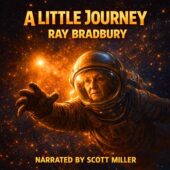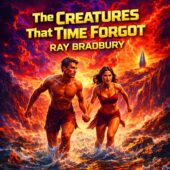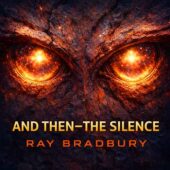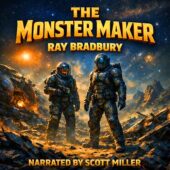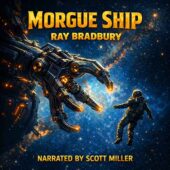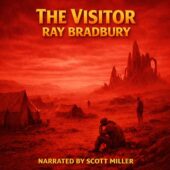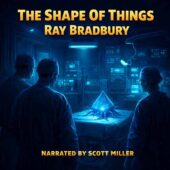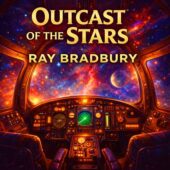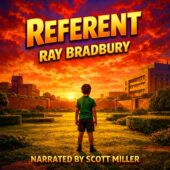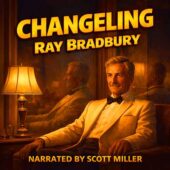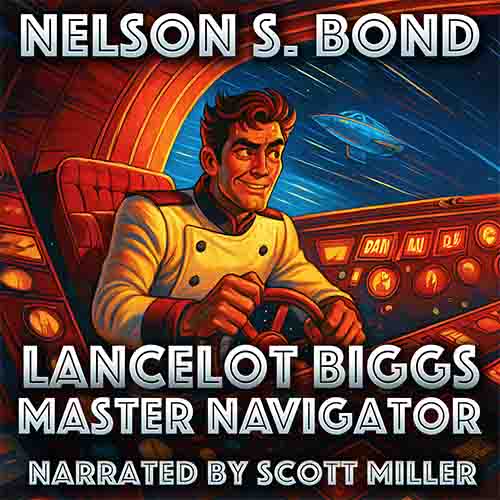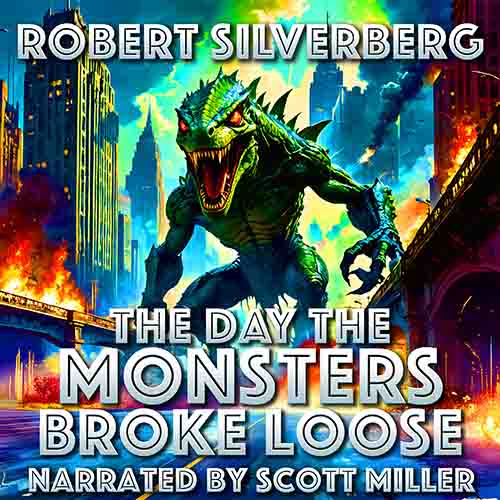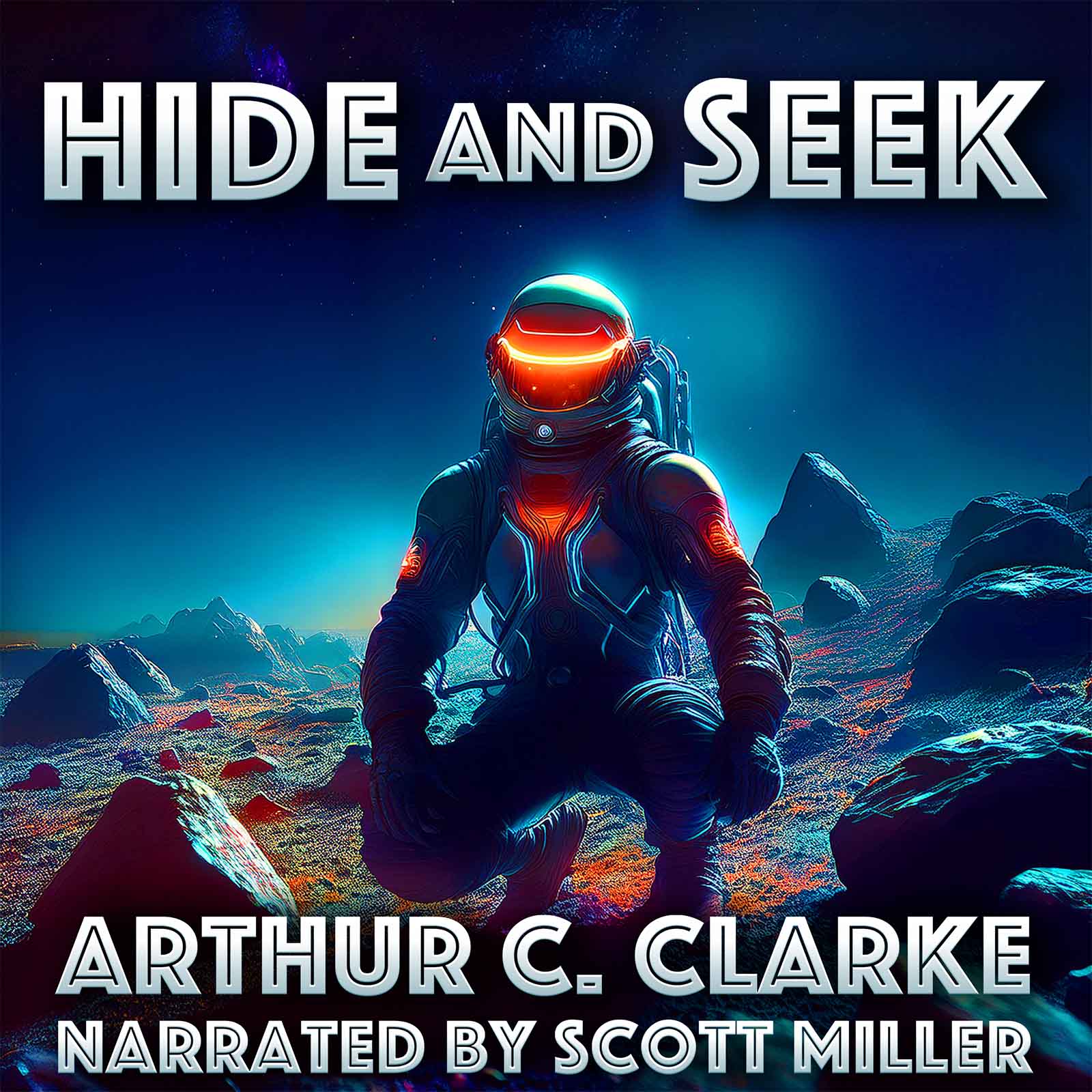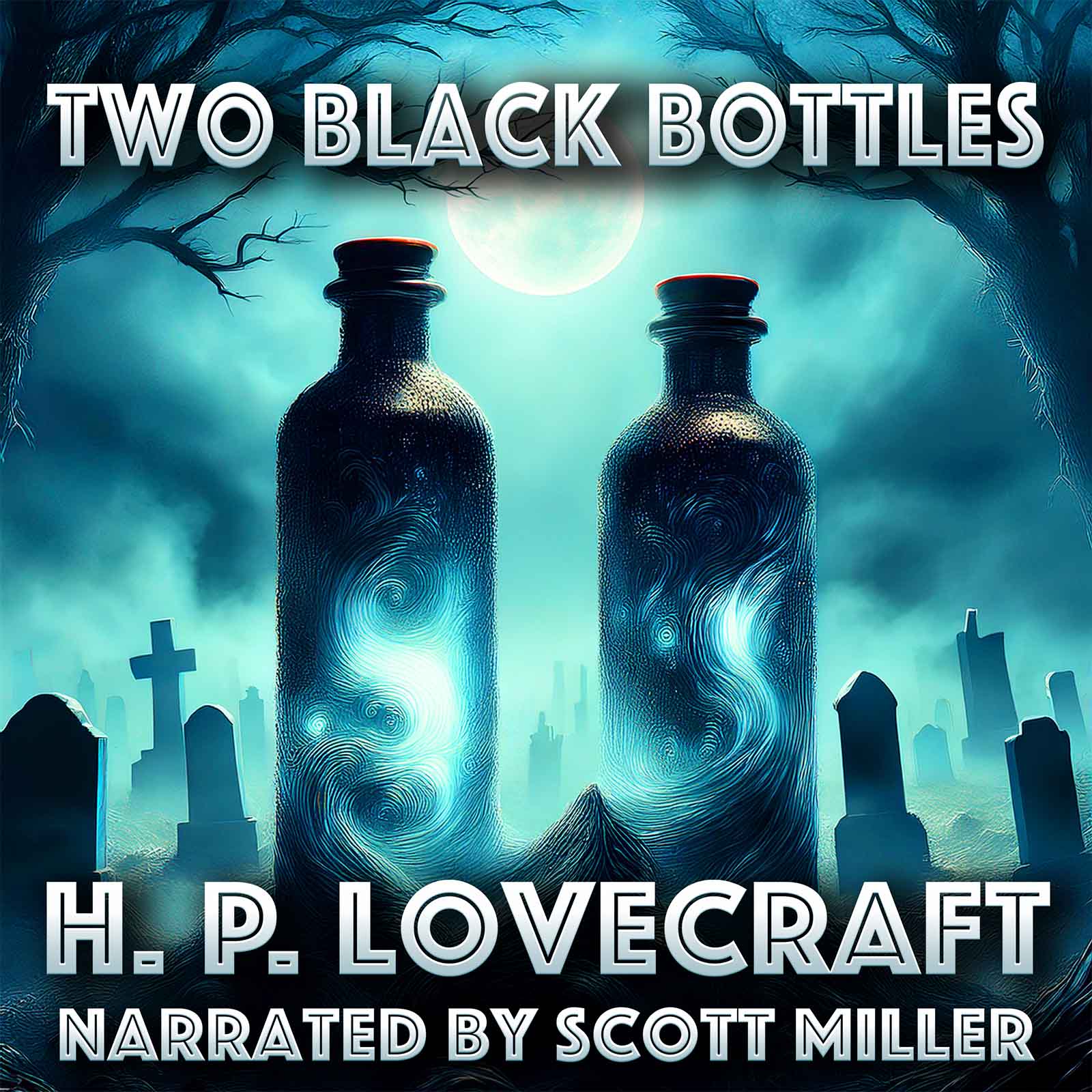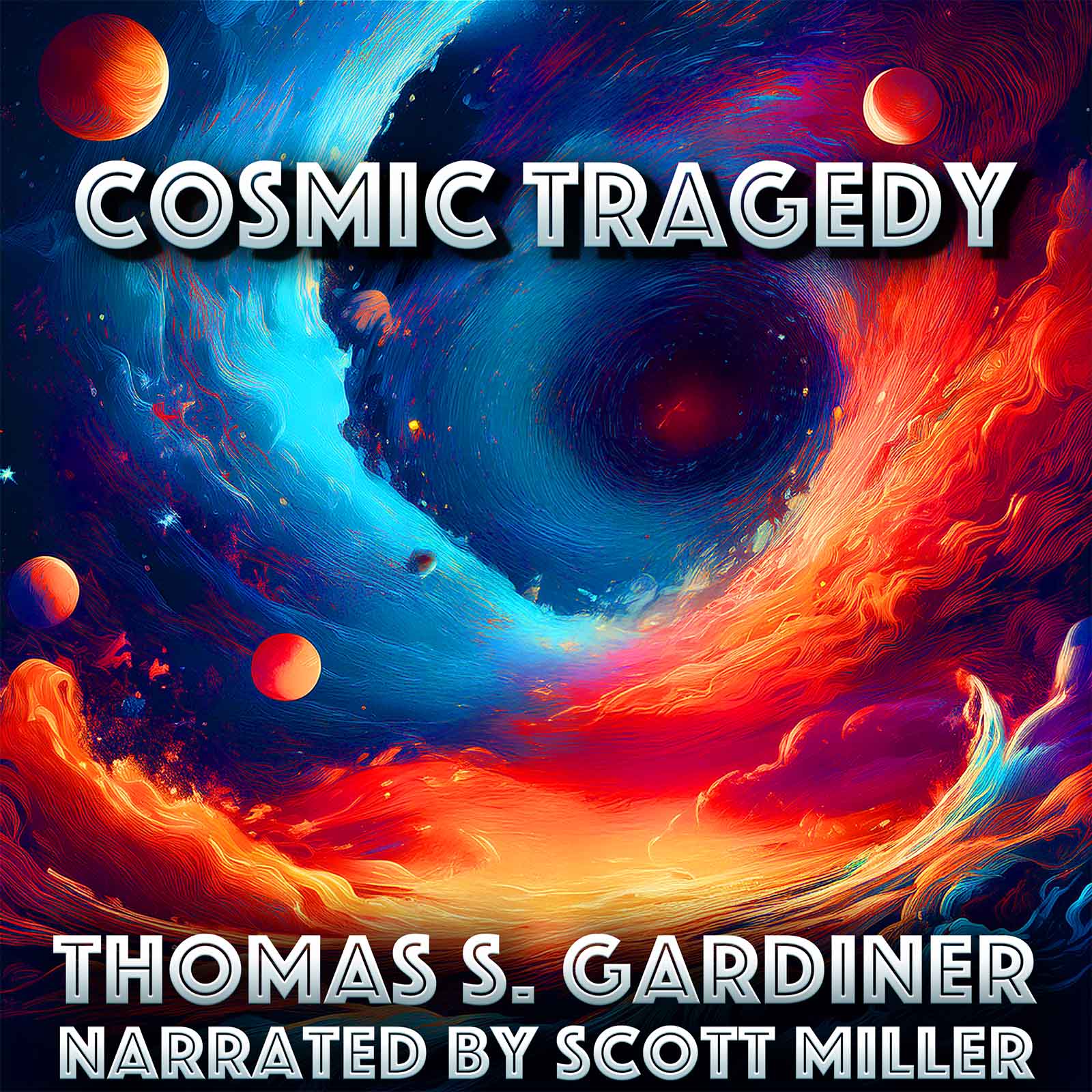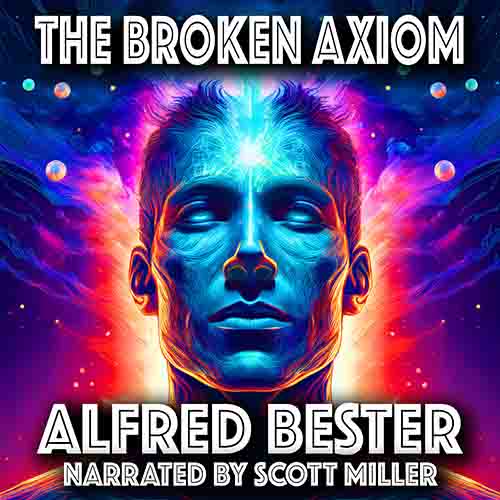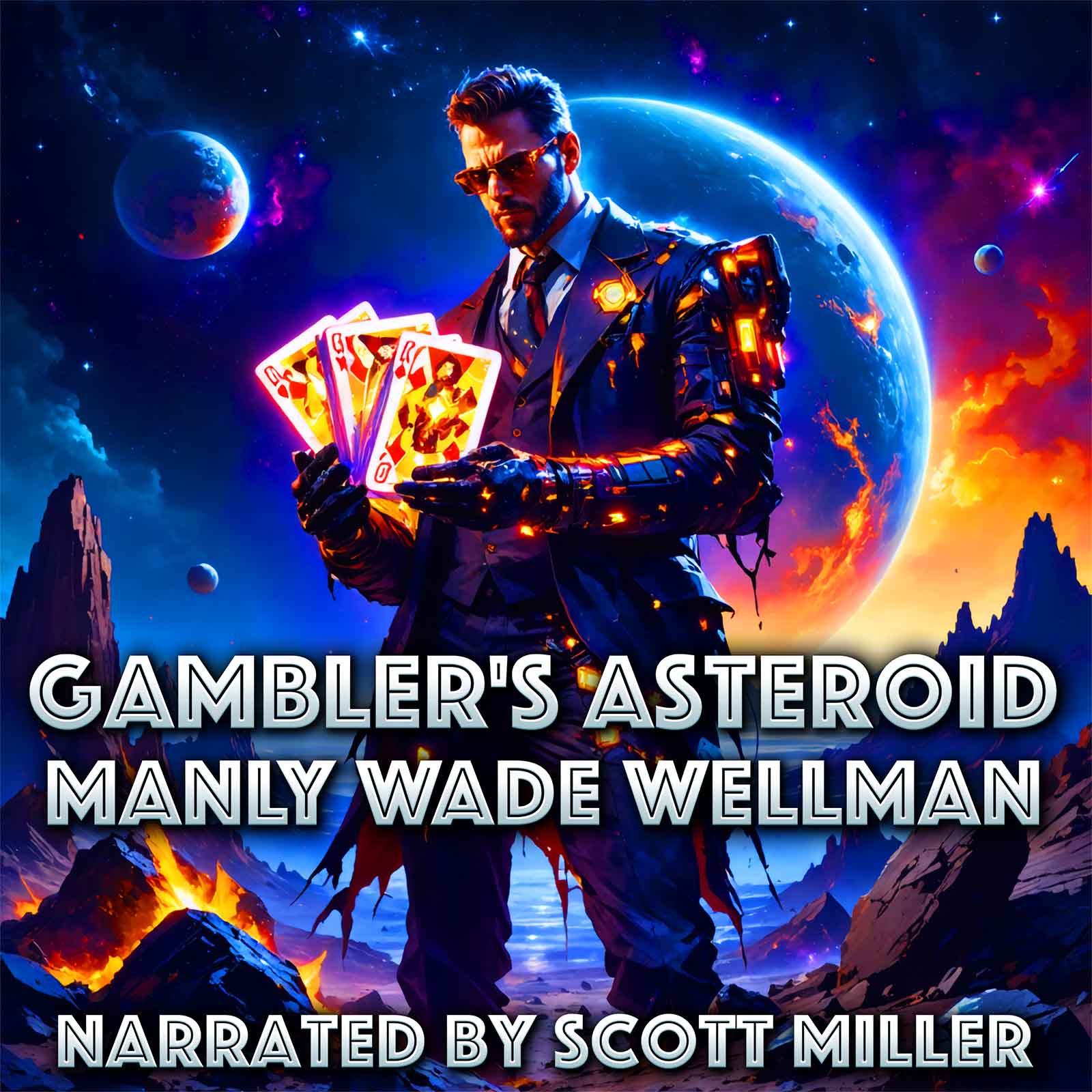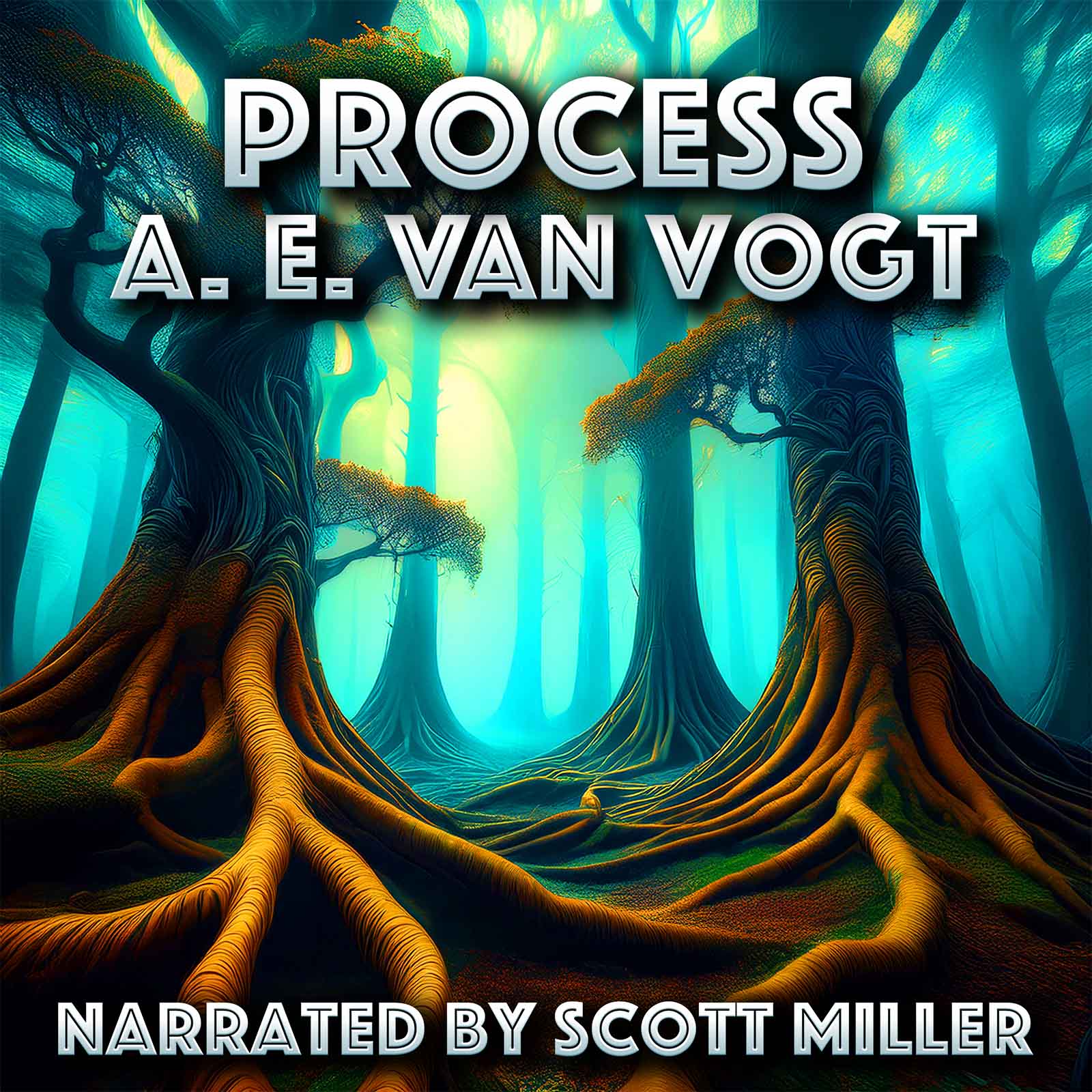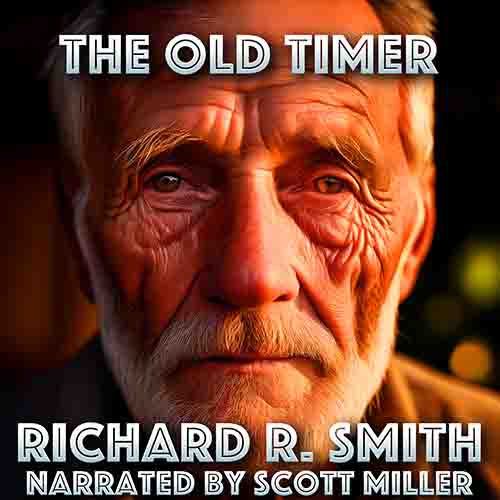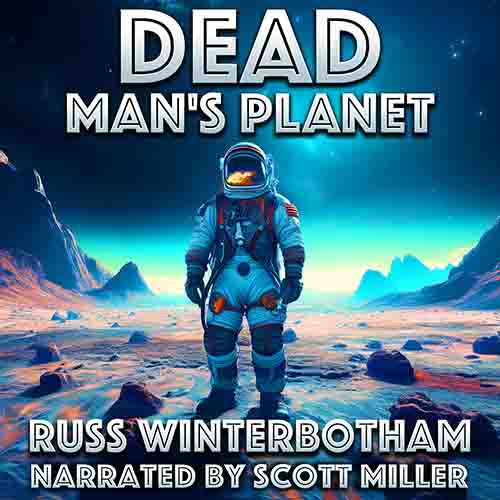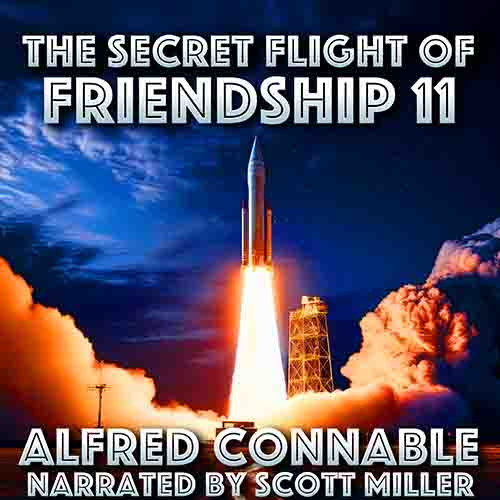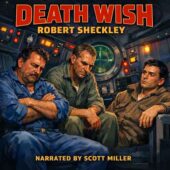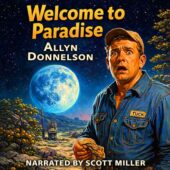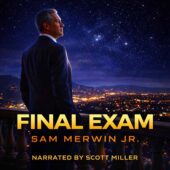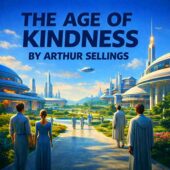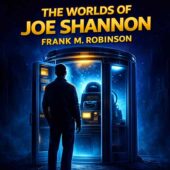Ray Bradbury
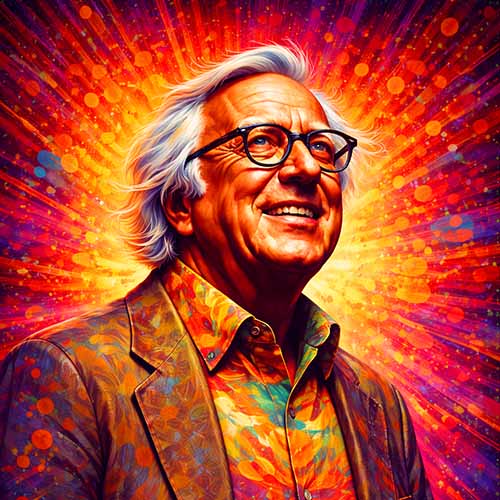
Biography
Ray Bradbury (1920–2012) was one of the most beloved and influential American authors of the 20th century, a writer whose imagination bridged science fiction, fantasy, horror, and literary fiction. Born in Waukegan, Illinois, Bradbury grew up during the Great Depression, a period that instilled in him both a hunger for escape and a deep sensitivity to ordinary human struggles. He discovered early passions for movies, magic, comic strips, and pulp magazines, all of which fueled his determination to become a writer. Moving with his family to Los Angeles in 1934, he immersed himself in libraries and began writing daily, a practice he continued throughout his long career.
Bradbury sold his first professional short story in 1941, and by the mid-1940s his tales were appearing in Weird Tales, Thrilling Wonder Stories, and other pulps. His early work showed the influence of Edgar Allan Poe and H. P. Lovecraft, but Bradbury’s voice soon emerged as uniquely his own—lyrical, nostalgic, and tinged with both wonder and dread. In 1950 he achieved breakout success with The Martian Chronicles, a series of interconnected stories imagining the colonization of Mars. More than simple adventure, the book was a poetic meditation on colonization, environmental ruin, and humanity’s longing for transcendence.
Bradbury’s reputation grew with The Illustrated Man (1951), a collection of tales linked by the tattoos on a mysterious wanderer, and Fahrenheit 451 (1953), his most famous novel. Fahrenheit 451, depicting a future America where books are outlawed and “firemen” burn them, is both a cautionary tale about censorship and a defense of literature’s power to preserve individuality and truth. Though often shelved in science fiction, Bradbury resisted the label, calling himself “a writer of fantasy and imagination.” His works were less about gadgets and technology than about the moral and emotional consequences of progress and change.
Throughout the 1950s and 1960s, Bradbury became a cultural figure, writing not only short fiction but also poetry, plays, screenplays, and television scripts. He wrote the screenplay for John Huston’s Moby Dick (1956) and contributed episodes to Alfred Hitchcock Presents and The Twilight Zone. Collections such as The October Country and Something Wicked This Way Comes showcased his mastery of dark fantasy, combining nostalgia for small-town America with eerie explorations of mortality, temptation, and evil.
Bradbury’s style was unmistakable: richly metaphorical, emotional, and deeply human. He had the rare ability to make speculative fiction literary without sacrificing accessibility. His recurring themes—childhood innocence, the dangers of conformity, the fragility of memory, the beauty of imagination—resonated across generations. His stories often warned of technological overreach or cultural amnesia while celebrating creativity, empathy, and wonder as the antidotes.
Despite his association with science fiction, Bradbury never drove a car, distrusted computers, and claimed he wrote Fahrenheit 451 on a rented typewriter in the UCLA library basement. He often described himself as a “library child” and considered libraries sacred institutions, passionately defending them throughout his life.
Bradbury’s accolades were many. He received the National Book Award for Distinguished Contribution to American Letters, an Emmy Award for his TV adaptation The Halloween Tree, and in 2007 was honored by the Pulitzer Prize Board with a Special Citation. He inspired generations of writers, filmmakers, and dreamers, influencing figures as diverse as Stephen King, Neil Gaiman, and filmmakers like Steven Spielberg and Guillermo del Toro. NASA even named the landing site of the Mars Curiosity rover “Bradbury Landing” in his honor, a fitting tribute to the author who had inspired so many to look toward the stars.
In his later years, Bradbury continued to write essays, short stories, and plays, reflecting on art, love, and imagination. He remained a tireless advocate for creativity and optimism, insisting that “you must stay drunk on writing so reality cannot destroy you.”
Ray Bradbury passed away in 2012 at the age of 91, leaving behind a body of work that includes more than 30 books and 600 short stories. His fiction endures not only for its imaginative scope but also for its deep humanity. Bradbury’s legacy is that of a literary dreamer who gave voice to the hopes, fears, and longings of the modern age. He transformed science fiction and fantasy into vehicles for universal truths, reminding us that imagination is not merely an escape but a vital way of seeing and preserving what makes us human.
